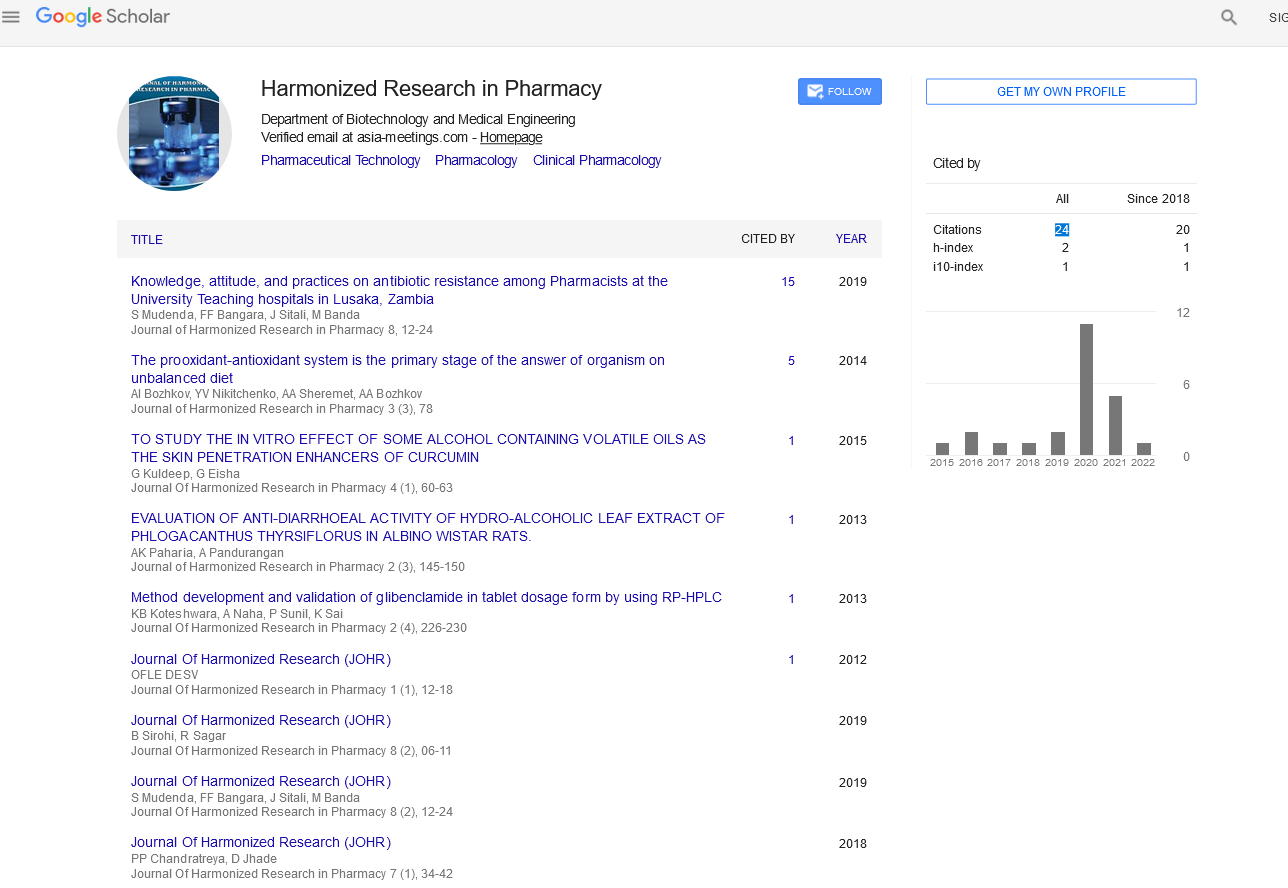ALEXITHYMIA COULD MASK DEPRESSION IN OBESE PATIENTS
Abstract
Author(s): Simone Vender, Camilla Callegari, Nicola Poloni, Cristiano Bonalumi, Fabio Ambrosini, Anna Maria Grandi
Objective:- This study aimed to evaluate the relationship between obesity, alexithymia (primary and secondary) and depression in a sample of obese outpatients.Methods: Among the patients referred to t he outpatients’ clinic for obesity in a University Hospital, we consecutively enrolled 100 overweight/obese (BMI > 27 kg/m2) subjects (35 males and 65 females) over a period of 20 months. Socio-demographic and clinical data were collected; all patients underwent the Toronto Alexithymia Scale (TAS-20) and the Center for Epidemiological Studies Depression Scale (CES-D) in order to measure alexithymia and depression. Results: The prevalence of alexithymia was 18% (25% including borderline values). TAS-20 mean score was 49.17 ± 12.38. Considering CES-D scores, 33% of the sample was possibly or probably depressed. CES-D score was significantly correlated to TAS-20 score (r = 0.393, p < 0.001), in particular with DIF (r = 0.524, p < 0.001) and DDF (r = 0.204, p < 0.05) subscales. BMI was not associated with alexithymia nor with depression. Conclusion: Obesity determines a vulnerability in developing depression, therefore alexithymia in obese depressed patients could be an adaptive response (secondary alexithymia). Moreover alexithymia could lead the subjects to an underestimation of depression and to not seek a correct treatment.From our results, the multidisciplinary approach in treating obese subjects should include the evaluation of emotional aspects whose diagnosis can influence the course of treatment. Keywords: Alexithymia; Depression; Obesity.

Google Scholar citation report
Citations : 147
Journal of Harmonized Research in Pharmacy received 147 citations as per google scholar report









